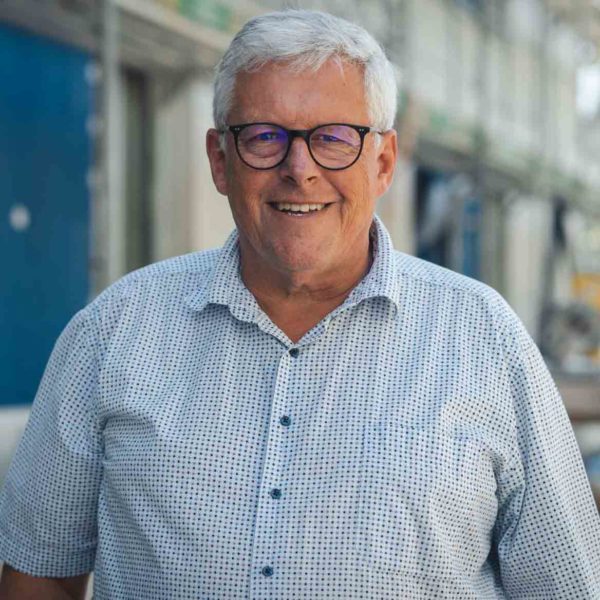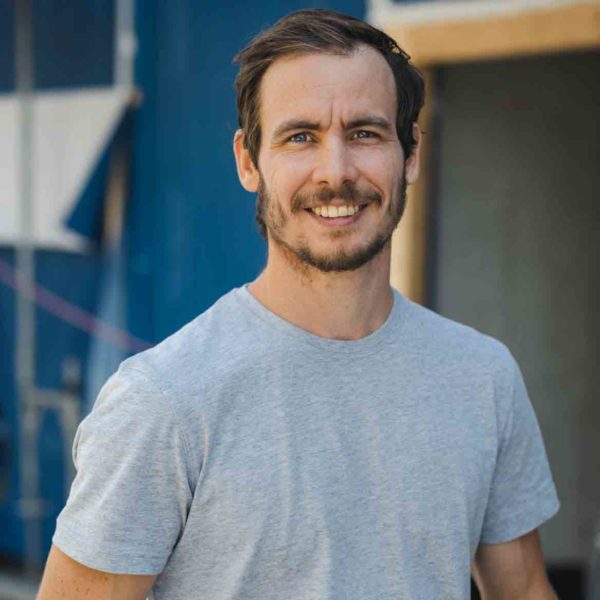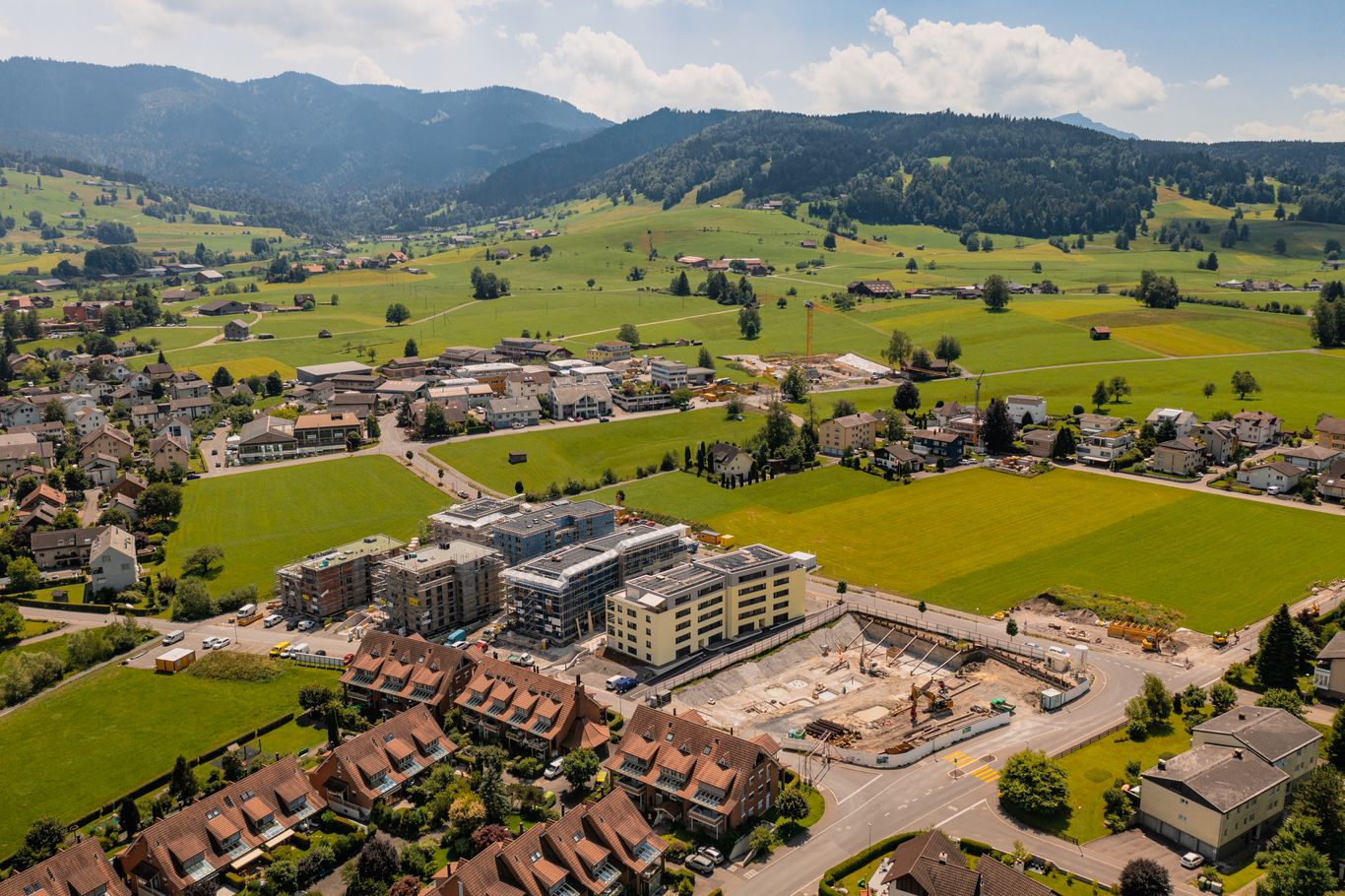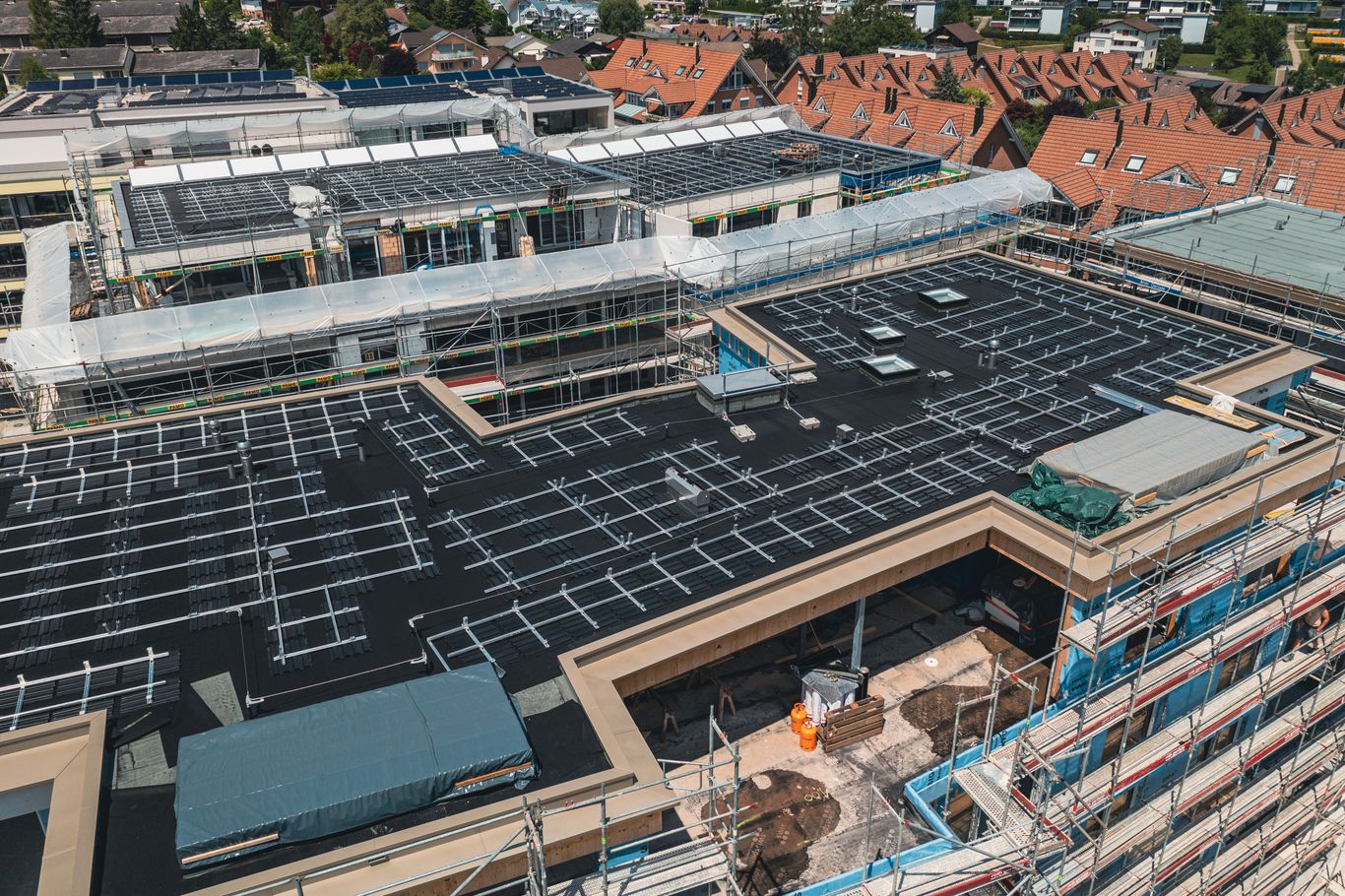The Zimel self-consumption association (ZEV Zimel) has been under construction on the Unterägeri corporation‘s building land since spring 2020. The site currently comprises 12 buildings with 101 flats. Five further apartment blocks with a total of 48 flats are currently under construction. The energy supply for the site is as local as possible. In addition to solar power from the photovoltaic (PV) system and drinking water, heat is also provided by the local corporation.
The history of the Corporation Unterägeri
The origins of the Unterägeri Corporation date back to the Middle Ages and essentially involves the administration of the commons of the municipality of Unterägeri. Today, around 8,500 people live in Unterägeri and there is a great demand for living space. As the Unterägeri Corporation owns large areas of building land in Zimel, they desiceded to build new housing there. A key element of the corporation is the sustainable use of local resources. “We are convinced that, as a corporation, we can make a unique contribution to the energy transition in Unterägeri. We have the longterm perspective and the financial means to make sustainable investments. It is important for us as a corporation to set a good example,” says Thomas Hess, corporate secretary of the Unterägeri corporation.

Thomas Hess
Corporate secretary of the Unterägeri corporation.
„The smart-me technology with its combination of hardware and software was exactly what we were looking for.“
The opportunities of a self-consumption association (ZEV)
Generating its own solar power for the Zimel site was the logical next step. As a first step, the Zimel energy concept was presented at the town council assembly in September 2020. The concept focussed on three key points; the merger for own energy consumption (ZEV), the purchase of heat from the heating centre and the size of the major customer.
Firstly, the corporation plans, finances and operates the PV installations on all roof areas. Although the apartments are sold, the right to use the roof areas remains with the corporation. Instead of feeding the solar power into the grid, the corporation sells the electricity to its residents. A ZEV is formed for this purpose. Secondly, heat will be obtained from the Rain heating center, which is currently under construction. In the central heating plant, water is heated with wood chips from the Corporation’s forest. Thirdly, the size of the development will allow it to be classified as a major customer in future. This is because the Zimel area will reach an annual consumption of over 100,000 kWh and will be able to freely choose its electricity supplier. This will further reduce the electricity price and thus the residents’ electricity costs.
.

Marc Iten
Managing Director of Iten-Arnold Elektro AG
“ZEVs are a great solution. It simply always needs someone who is decisive, has authority over the energy consumers and has the financial means to make the investments.”
The second step involved the planning and concrete realization of the area. These were carried out by a local electrician, namely by Iten-Arnold Elektro AG. Marc Iten, Managing Director, and Pascal Terreni, Project Manager at Iten-Arnold Elektro AG, were in charge. They had already implemented self-consumption associations (ZEV) before, but not yet on an area of this size. Iten says “ZEVs are a great solution. It simply always needs someone who is decisive, has the authority over the energy consumers and has the financial means to make the investments.” According to Iten, institutional investors such as pension funds, corporations or housing cooperatives are in a predestined position to implement ZEVs, but are still doing far too little. This is also because negotiating with the client requires clarification. According to Hess, negotiating with the building owners was the biggest challenge. There were some building lease holders who were skeptical about the PV system and the entire energy concept. However, the corporation did the necessary information work and was ultimately able to implement the concept as planned. Construction work on the first stage of the Zimel development plan got off to a successful start in spring 2020 with the Cluster Mitte. The first buildings in the Cluster Mitte were ready for tenants to move into in spring 2022.
Area development with local energy supply
Today, the first buildings in the Zimel development draw electricity, heat and even water from the corporation and therefore from a local source.
Electricity
All roof surfaces on the Zimel areal belong to the Corporation Unterägeri. The PV system will cover approx. 1,100 m² by the time the project is completed. This means that a large proportion of the electricity will be produced directly on site during the day. Surplus electricity will be fed into the grid.
Heat
Heating and hot water preparation are the largest consumers in residential buildings. By connecting to the Corporation’s central heating plant, heat generation is C02-neutral. This is because burning wood releases as much CO2 as the trees have absorbed from the atmosphere in the course of their growth. The wood chips come from the Corporation’s forest, which is located in the immediate vicinity. There is no need to burn fossil fuel oil to generate heat.
Water
The water also comes from the Corporation Unterägeri. It builds, operates and maintains water procurement facilities and a transportation and distribution network to supply customers with drinking water.
Mobility
All parking spaces will have a basic configuration for e-charging stations. This means that an e-charging station can simply be placed at any parking space as soon as the owner registers a need. The charging stations are offered with a rental/purchase system. The parking lot owner bears part of the acquisition costs. They then pay a monthly rent for the use of the infrastructure. Charging is billed at two rates: A standard rate and a solar power rate if there is excess PV.
Energy management system
In the Zimel, energy is measured, controlled and billed via a central platform. In this specific case, not only electricity as in other ZEVs, but also water, heat and charging current. This is where the smart-me energy management system comes in handy. “The smart-me technology with its combination of hardware and software was exactly what we were looking for. It enables the integration of all energy sources and also better coordination between production and consumption,” says Hess. Smart metering also enables live monitoring. The energy consumption of electricity, hot and cold water and heating is displayed live in the smart-me app. This allows users to monitor their overall consumption and take data-based energy-saving measures.
The Results
The locally produced energy from the sun and forest is also consumed locally. As a result, the Zimel area has a reduced level of fossil energy consumption and associated CO2 emissions on the one hand, and is less dependent on imported energy on the other. A special feature is that the operator also runs the district heating network by managing its own forest and also acts as a water supplier.
In order to increase the level of self-consumption and become even more independent from the outside world, Hess would also like to feed a battery with the excess PV electricity or even produce hydrogen in the future. Hess is convinced of ZEV. “The corporation will only build ZEV in the future. We currently operate three ZEVs and are planning two more.” Thanks to its pioneering spirit, the Corporation’s initiative is making a significant contribution to sustainable energy generation in Unterägeri.
.
Write us
You are welcome to send us your request using the form below.
This site is protected by reCAPTCHA and the Google Privacy Policy and Terms of Service apply.




